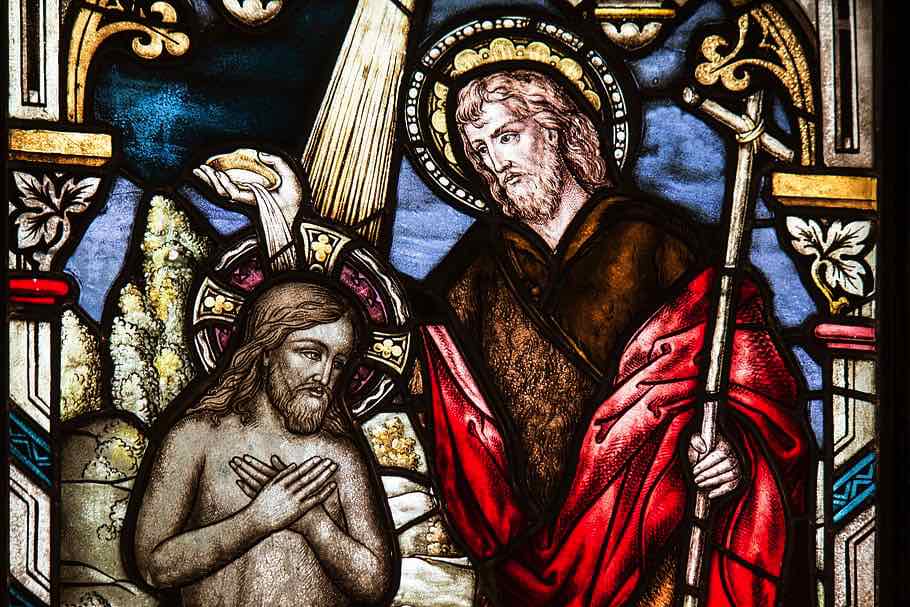
It is the honor of any king to protect his people, and the hallmark of a good king is that he rules in such a way as to not only protect his people, but to also bless his people. So, one must expect that the King of Kings would certainly be about protecting His people. Indeed, did Jesus not instruct us to pray, “Deliver us from the evil one’? So it is a challenging piece of Scripture to read the Holy Spirit leading God’s own into a place of temptation! Yet that is exactly what Matthew 4:1 says, “Then Jesus was led by the Spirit into the desert to be tempted by the devil.”
The initial affront to our common sense only dissipates when we start to examine the text closer and realize that the Holy Spirit does not lead Jesus into temptation, but into the dry and barren wilderness. The Spirit led Him into a place – the desert, where He would be tempted – not into temptation per se. That is a critical difference, and most helpful to understanding just what is going on when we too are tempted. One is immediately reminded of what James said, “When tempted, no one should say, “God is tempting me.” For God cannot be tempted by evil, nor does he tempt anyone; but each one is tempted when, by his own evil desire, he is dragged away and enticed.”
What the Spirit leads Jesus into is not a temptation, but a trial. In fact, this is the epitome of a trial. For it is there in the wilderness – free from the eyes of onlookers – that Jesus must confront any impurity within Himself, and it is there – apart from the support of family and friends – that Jesus must stand against the lies the evil one tells Him.
The truth is that trials – even very difficult trials – are something the Spirit does lead God’s people into, and not uncommonly. That is because trials are meant to be a blessing, for they allow us to see something we might not otherwise see. A trial lets you see the impurity within yourself. Friend, know that the devil cannot plant an impurity within you, it must already exist. All our enemy can do is suggest we act on it. Remember that John 16:13a says, “When He, the Spirit of truth, comes, He will guide you into all the truth.” All the truth includes truth not only about God Most High and the world around you, but also truth about you. Even the truth about your inner self, and the most hidden parts of your soul. For when you are in a trial, the evil one’s lies will be to prompt you to act out the impurity within. But we don’t have to listen to the evil one. We can instead perceive and repent of that impurity. That is a very personal blessing – both because it provides self-awareness of vindication, and also because God rewards those He knows are trustworthy.
Trials will come. Embrace them, knowing that God is allowing you to see and repent of the impurity within so that He might bless you all the more as you reflect Him better in days to come. After all, “Blessed is the man who perseveres under trial, because when he has stood the test, he will receive the crown of life that God has promised to those who love him.”
Trials help to strengthen us. It is impossible for a Christian to be very strong—in certain ways, at any rate—unless he grapple with difficulties and endure hardships. There is no proving your courage and prowess in war, except you smell gunpowder, and are exposed to the dread artillery. My arm would soon weary if I had to lift the blacksmith’s hammer for an hour or two, and make horseshoes. I am afraid I should soon give up the business. But the blacksmith’s arm does not ache, for he has been at it so many years, and he rings out a tune on the anvil, so joyfully does his strong arm do the work. Practice has strengthened him. And so, when we have become inured to trial and trouble, faith is to us a far more simple matter than it was before, and we become “strong in the Lord and in the power of his might.”
Charles Spurgeon
APPLICATION: Intentionality
Reflect on the trial you are either experiencing now or have recently come through. What impurity have you been are or being delivered from? How can you best cooperate with God in that process?










